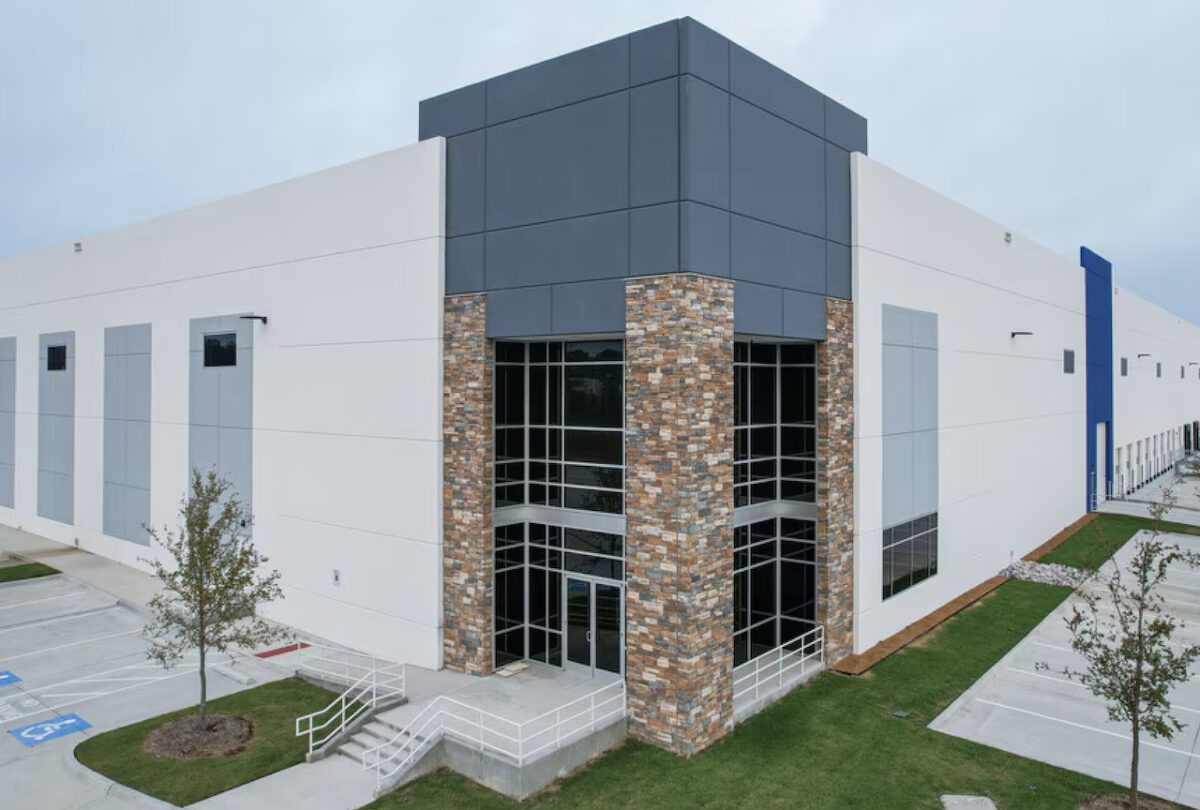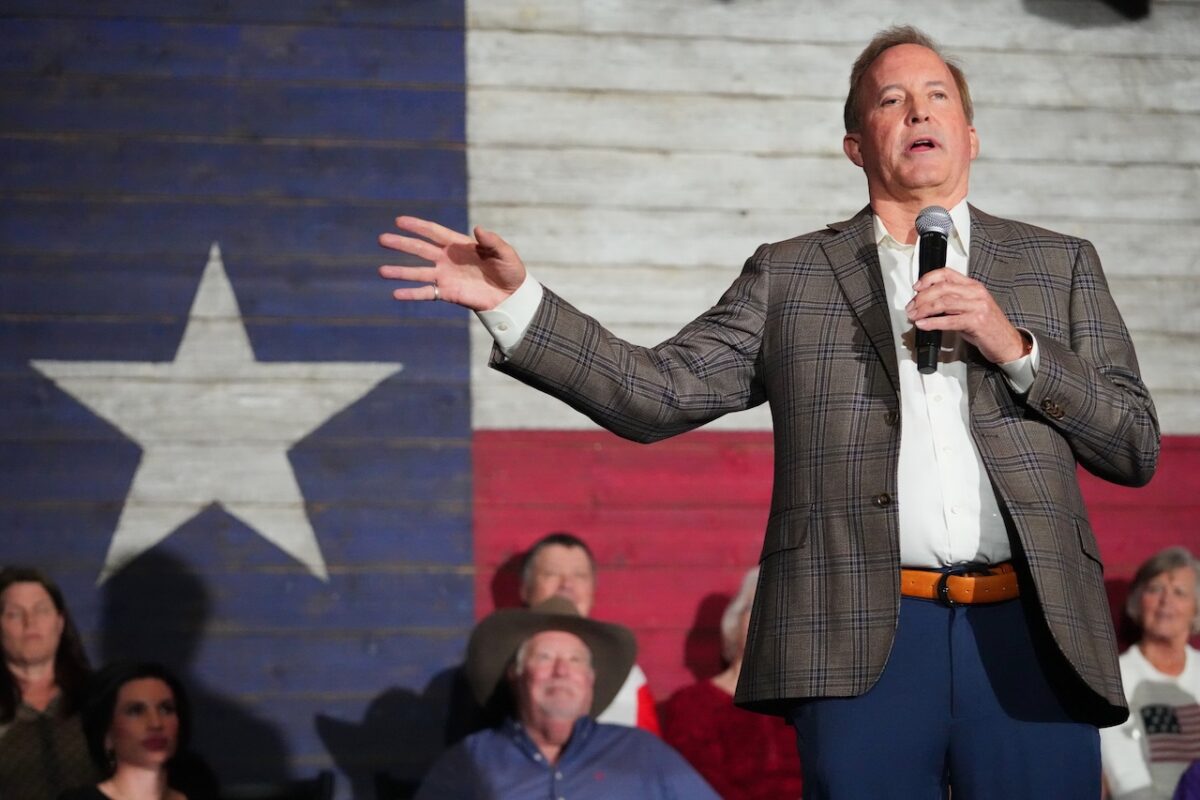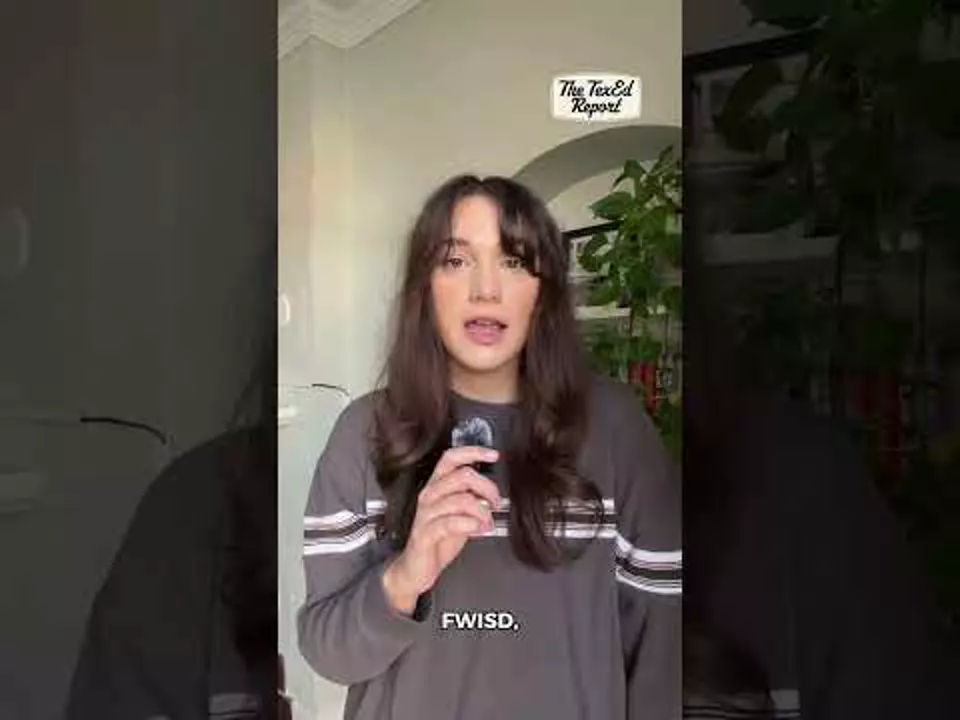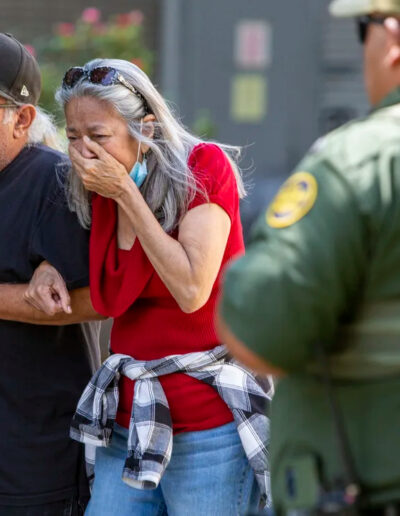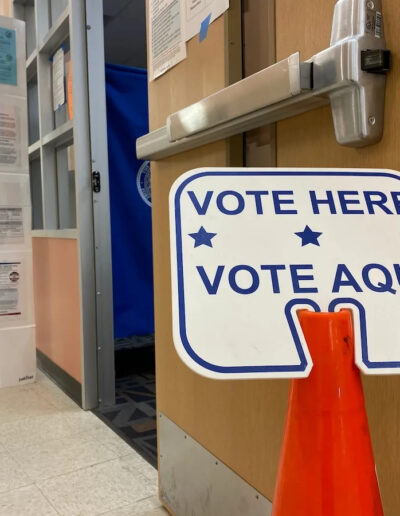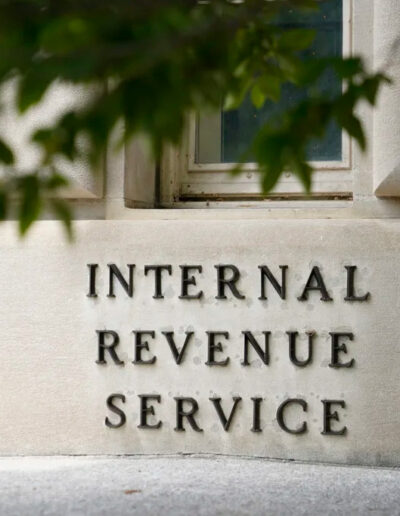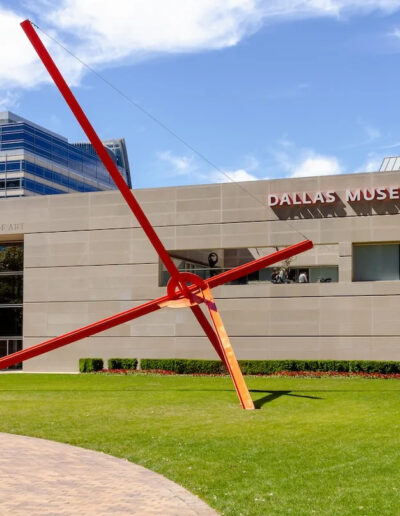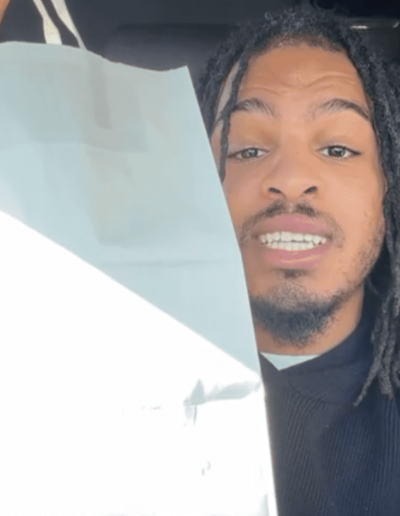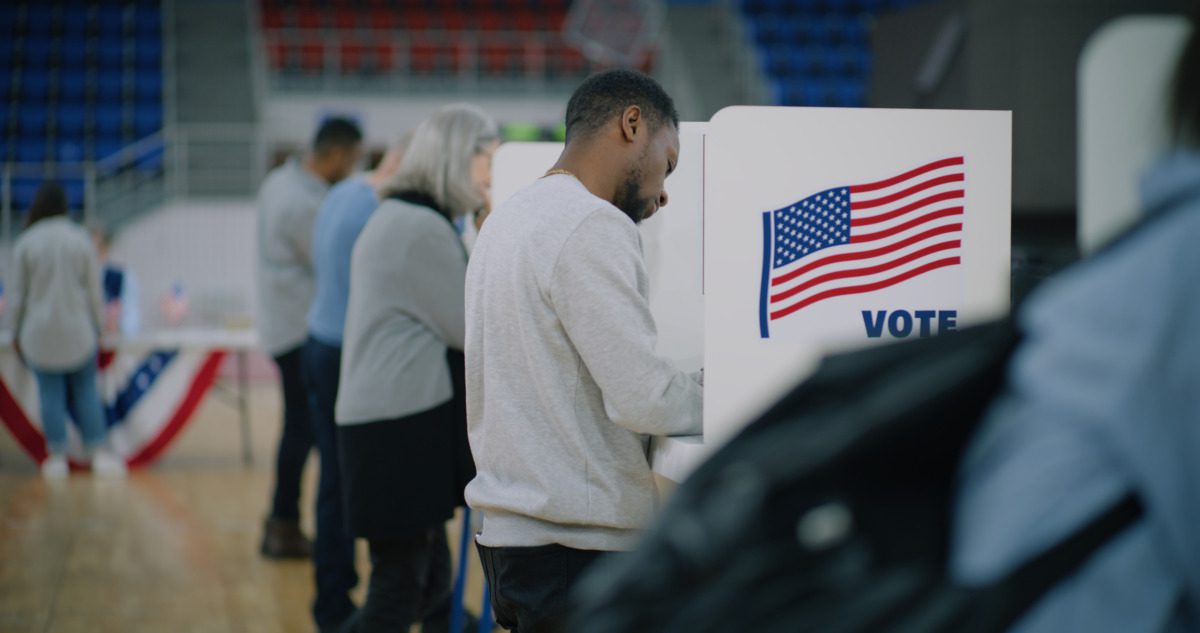
Photos courtesy of Getty Images/EvgeniyShkolenko
Dallas voters will decide on 18 propositions, ranging from decriminalizing marijuana to increasing the number of police officers in the city. Here’s what to know about the major propositions you’ll find on your ballot.
Editor’s note: This story was updated on Nov. 6 to reflect that Proposition R impacts the city of Dallas.
Dallas voters will face a lengthy ballot on Election Day, weighing in on 18 proposed amendments to the city charter. Here’s a rundown on the major propositions that have made headlines this year.
Proposition C — Mayor, Council Salaries
Prop C would increase the mayor’s and council members’ salaries, increasing them by $30,000, up from $80,000 a year to $110,000. Council members’ salaries would also increase by $30,000, jumping from $60,000 to $90,000.
If voters approve this amendment, it will go into effect on January 1, 2025, and could increase each year according to the consumer price index. Dallas Mayor Eric Johnson recently encouraged Dallas voters to vote against this proposition.
Proposition I — Petition Deadlines
If Proposition I were to pass, it would allow more time and a lower benchmark for citizen petitions for initiatives and referendums, decreasing the amount of signatures needed from 10% of the city’s eligible voters to 5%, and increasing the deadline from 60 to 120 days.
Proposition R — Marijuana Decriminalization
Dallas voters will decide whether to decriminalize weed this election. Prop R, or the Dallas Freedom Act, made it on the ballot after the grassroots organization Ground Game Texas gathered over 50,000 signatures from Dallas residents.
This amendment, endorsed by Willie Nelson, would prohibit the Dallas Police Department from charging people with misdemeanor possession of marijuana. It would also prohibit police from considering the odor of marijuana as probable cause for search or seizure, and ban the use of city funds for THC testing unless it’s part of a felony case.
Proposition S — Resident Lawsuits
If passed, Proposition S would force the city to give up its governmental immunity, allowing a resident the ability to sue any city employee — including police officers, firemen, or councilmembers — if they believe that they’re not abiding by an ordinance, charter code, or any law in Texas.
Prop S is one of three amendments from the nonprofit group Dallas HERO — a 501(c)(4) nonprofit self-described as a bipartisan that is led by billionaire hotelier and Donald Trump donor Monty Bennet, and has the backing of the Dallas GOP.
The three amendments have faced opposition from current and former Dallas politicians, including current Mayor Eric Johnson, the entire Dallas City Council, and several former council members, including Dallas County Commissioner John Wiley Price and State Rep. Royce West.
Former Dallas Mayor Mike Rawlings told KERA News that “the measure could leave the city vulnerable to hundreds — if not thousands — of lawsuits and tie up resources for litigation. Other city leaders said the amendments are well intentioned but needed more work.”
Proposition T — City Satisfaction Survey
Proposition T requires the city to conduct an annual community satisfaction survey of at least 1,400 Dallas residents that focuses on things like crime, homelessness, and litter. Based on the results, the city manager will either earn a performance-based pay raise or be fired.
“I don’t think we would find a decent city manager, ever, if this amendment was passed,” Rawlings told KERA News about Proposition T. “It will be very unclear who the boss is for the city manager … now you have a survey that is the boss.”
Proposition U — Increasing Police Force and Pension
The third and final Dallas HERO amendment, Prop U, would increase starting pay for Dallas police officers, and set aside at least 50% of new revenue — sourced from things like asset forfeiture revenue, property taxes, and open records fees — each year to fund the Dallas Police and Fire Pension. It would also require the city to maintain a force of at least 4,000 police officers.
This measure has also faced opposition from a coalition of elected officials that includes dozens of current and former council members, mayors, police chiefs and other local leaders — who have all stated that if the measure passes it will have devastating consequences for Dallas residents. Critics of Prop U have claimed that if more money is shifted to hire police officers, it would cause the city to have to make cuts to other vital city services such as access to libraries, street code compliances, parks, and economic development.
Early voting runs through Nov. 1 in Dallas, with Election Day fast approaching on Nov. 5. For more voter-related information check out the Courier Texas Voter Hub.
Support Our Cause
Thank you for taking the time to read our work. Before you go, we hope you'll consider supporting our values-driven journalism, which has always strived to make clear what's really at stake for Texans and our future.
Since day one, our goal here at COURIER Texas has always been to empower people across the state with fact-based news and information. We believe that when people are armed with knowledge about what's happening in their local, state, and federal governments—including who is working on their behalf and who is actively trying to block efforts aimed at improving the daily lives of Texas families—they will be inspired to become civically engaged.






